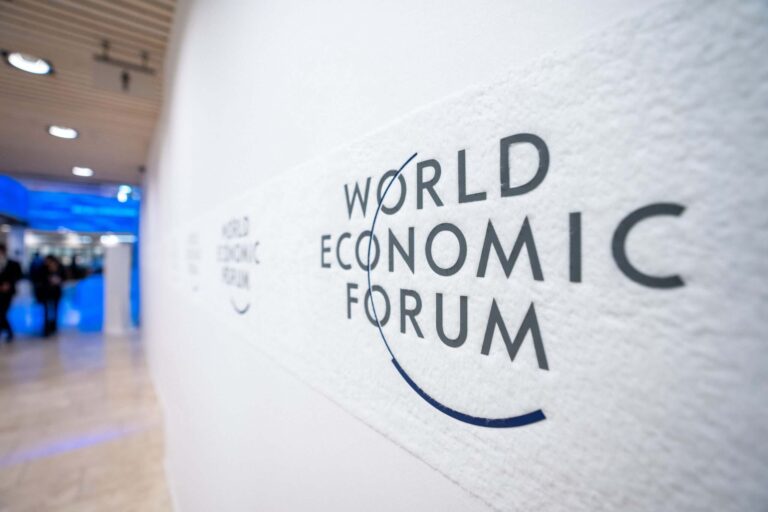A world changed by the war in Ukraine, undergoing an economic and energetic crisis, where climate change looms. This is the scenario on which the 2023 World Economic Forum, entitled ‘Cooperation in a fragmented world‘, will focus from January 16 to 20 in the Swiss resort of Davos.
Delegates, who must be invited, include political leaders, executives, and senior staff of major international companies. Including hedge funds, banks, technology, and large pharmaceutical companies, as well as scholars and scientists.
The participating leaders to the World Economic Forum are this year 2.700, among whom 52 heads of state or government.
With almost a year of war behind, and in a geopolitical tension that seems to never end, Ukraine is attending this year’s summit with a large delegation. Russia’s representants on the contrary, are entirely absent.
Table of Contents
World Economic Forum 2023, who will attend and who will not
Among the high-profile political figures, the presences of President of the European Commission Ursula von der Leyen and the German Chancellor Olaf Scholz are confirmed.
Also participating is the Prime Minister of Kuwait, Ahmed Nawaf Al-Ahmad Al-Sabah, and the Foreign Minister of Saudi Arabia, Prince Faisal bin Farhan Al Saud. Representing France its Economy Minister, Bruno Le Maire. Absent, however, will be French President Emmanuel Macron.
The Ukrainian President Volodymyr Zelensky confirmed his participation virtually via videoconference.
Another great absent from the Wef is US President Joe Biden as well as his deputy Kamala Harris. The US will be represented by John Kerry, President Biden’s special climate envoy, and Labor Minister Martin J. Walsh.
Chinese Vice Premier Liu He will also be in Davos. However, Chinese President Xi Jinping will not attend.
Other speeches and panels will be held by Finnish premier Sanna Marin and Spanish Prime Minister Pedro Sánchez. Also, NATO secretary Jens Stoltenberg, Polish President Andrzej Duda and the Greek Premier, Kyriakos Mitsotakis will attend.
The themes that will be addressed
From the war in Ukraine, with its global economic consequences and implications for energy security. To soaring inflation, which puts tens of millions at risk of poverty, especially in low-income countries.
Issues intertwined with food security and the challenge posed by global warming, which requires a rethinking of lifestyles and production and conversion to non-polluting energy sources.
The Davos agenda is the agenda of globalization. Global problems, however, that drive states and public opinion to complicated national responses. While international forums increasingly struggle to find shared solutions to planetary problem.
World Economic Forum, the army mobilized
The army has also been mobilized to support the civil authorities of the Canton of Grisons in carrying out the security tasks related to the annual meeting.
According to the Federal Department of Defense (Ddps), up to a maximum of 5,000 military personnel will be involved in the operations. Part of these will work directly in the Municipality of Davos.
Another part will be responsible for protecting the infrastructure and will provide services throughout Switzerland in the areas of responsibility for the air force, logistics and management assistance.
The air police service will also be guaranteed, with the help of the Austrian and Italian partners. The Air Force will also carry out surveillance flights for the canton of Grisons and air transports of persons protected under international law on behalf of the Confederation.
Demonstrations are planned
However, not everyone is happy with the initiative. Several protests are also expected.
In recent days, the municipality of Davos had signaled two main demonstrations, made by JUSO Graubünden (GISO Grisons) and by the collective “Strike Wef”.
The second has planned a “winter hike for climate justice”, from Klüblis via Klosters to Davos. The aim is to walk against capitalism, the climate crisis and the growing injustice in the world.
Read also: Top and worst countries for human rights according to the Human Freedom Index












